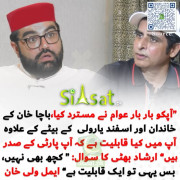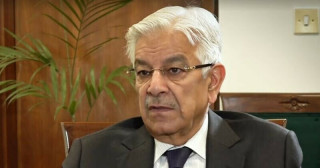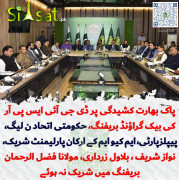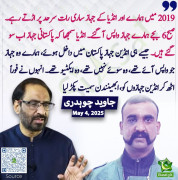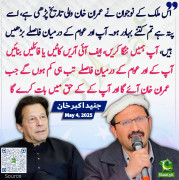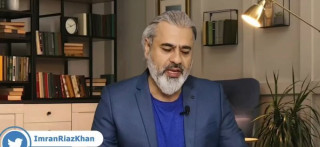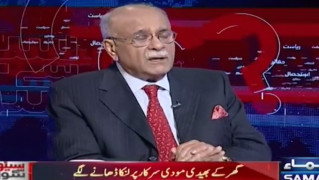Zhohaq
A good summation by you. I also totally agree with you that the contention that ascribing Ghazalis thesis as the cause for stopping Islamic thought process is ridicoulous. On the other hand this is the main thesis of atheists which they provide as a proof that European Enlightenment and Renaissance only happend because they expelled God from their lives. Ghazali is antithesis to their so called proof. The Muslim society and the Judo-Christian society of Medieval ages had totally different challenges and hence totally different experiences. The two societies addressed the question of religion differently. The Muslim downfall is mainly due to decline of moral values resulting in a corrupted political system which could not support free thought. Europeans improved upon their their moral values (humanism) first, which resulted in a stable and tolerant political system and then which caused the free thought and scientific endeavour to flourish.
Currently, many Arab states are way richer than all European states combined but they are deficient in moral uprightness, which in turn has given them a corrupt political system which in turn does not tolerate free thought.
If atheists argument is taken to be true, that expulsion of God from thought process causes the scientific enlightenment and prosperity, then USSR theoretically should have never collapsed.
My post was a summation because my knowledge is admittedly not really deep enough to my liking.
I agree with your argument that Islamic thought skipped the Reformation and Enlightenment for some very obvious reasons. And I found your application of Ghazalli to Classical Economic theory to be enlightening.
This is exactly what should be thought in our Universities, but we are content with repeating borrowed arguments.
On Islamic views on pursuit of Science.The most prolific Muslim Scientist
Ibn Haythem who is wide credited for developing what is now known as the Scientific method distils this in his treatise Doubts Concerning Ptolmey:
Truth is sought for its own sake ... Finding the truth is difficult, and the road to it is rough. For the truths are plunged in obscurity. ... God, however, has not preserved the scientist from error and has not safeguarded science from shortcomings and faults. If this had been the case, scientists would not have disagreed upon any point of science...
Therefore, the seeker after the truth is not one who studies the writings of the ancients and, following his natural disposition, puts his trust in them, but rather the one who suspects his faith in them and questions what he gathers from them, the one who submits to argument and demonstration, and not to the sayings of a human being whose nature is fraught with all kinds of imperfection and deficiency. Thus the duty of the man who investigates the writings of scientists, if learning the truth is his goal, is to make himself an enemy of all that he reads, and, applying his mind to the core and margins of its content, attack it from every side. He should also suspect himself as he performs his critical examination of it, so that he may avoid falling into either prejudice or leniency
He felt the search for truth (As a Scientific Pursuit). was a part of his faith.
I constantly sought knowledge and truth, and it became my belief that for gaining access to the effulgence and closeness to God, there is no better way than that of searching for truth and knowledge
http://en.wikipedia.org/wiki/Alhazen
Note he never felt the need to denounce religion. In fact he wrote a treatise on fake claimants of prophet hood and using mathematics to find the Qibla.
There is a similar story with separation of Church and state. Again with no organized regressive clergy that never was necessary.
Te problem now days is that the intellectual threads to our past have been severed.
The Westren Liberal Position and its truisms are accepted as the starting points.
You make the argument about moral values of society and decline. I think this was v important no doubt with the intrigues in corridors of power of the caliphates , the long intercessine battles.
But I think its not the whole story.
There are other historical, geographic and societal factors which are overlooked.
Also we have to factor in Militarism and the Industrial revolution and finally colonialism.
These arent excuses, they have to be added to get the whole picture.
A reductionist argument will always miss an angle in search of a convenient answer.
It usually tell us more about the person making the argument then reality.
So when Hassan Nisar etc makes that argument you have to realize its actually reductio ad absurdum.
Not meant of Enlight but to confound.
M Shahid Alam,(Brother of MM Alam) has written a long critique on Bernard Lewis.
The prominent oriental scholar and "authority" on Islamic History. Of Course Lewis suscribes to the popular view that the problem is that Islam and Science are incompatible. He starts his critique with context why does Bernard Lewis take such a position. Thats a crucual starting point.
He then moves to the arguments. He takes an historical approach. It is really worth reading.
Its does shatter many myths.
http://www.outlookindia.com/article.aspx?220545

